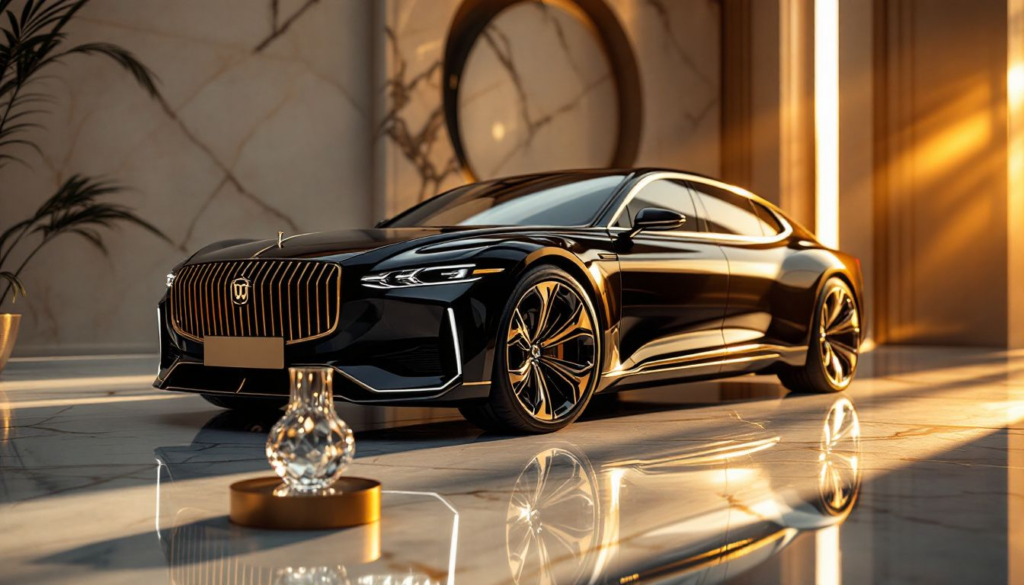Curious about luxury Chinese car brands? This article highlights top brands like Hongqi, WEY, and Nio, detailing their rise and what sets them apart in the global market.
Hongqi: The Pinnacle of Luxury Chinese Car Brands
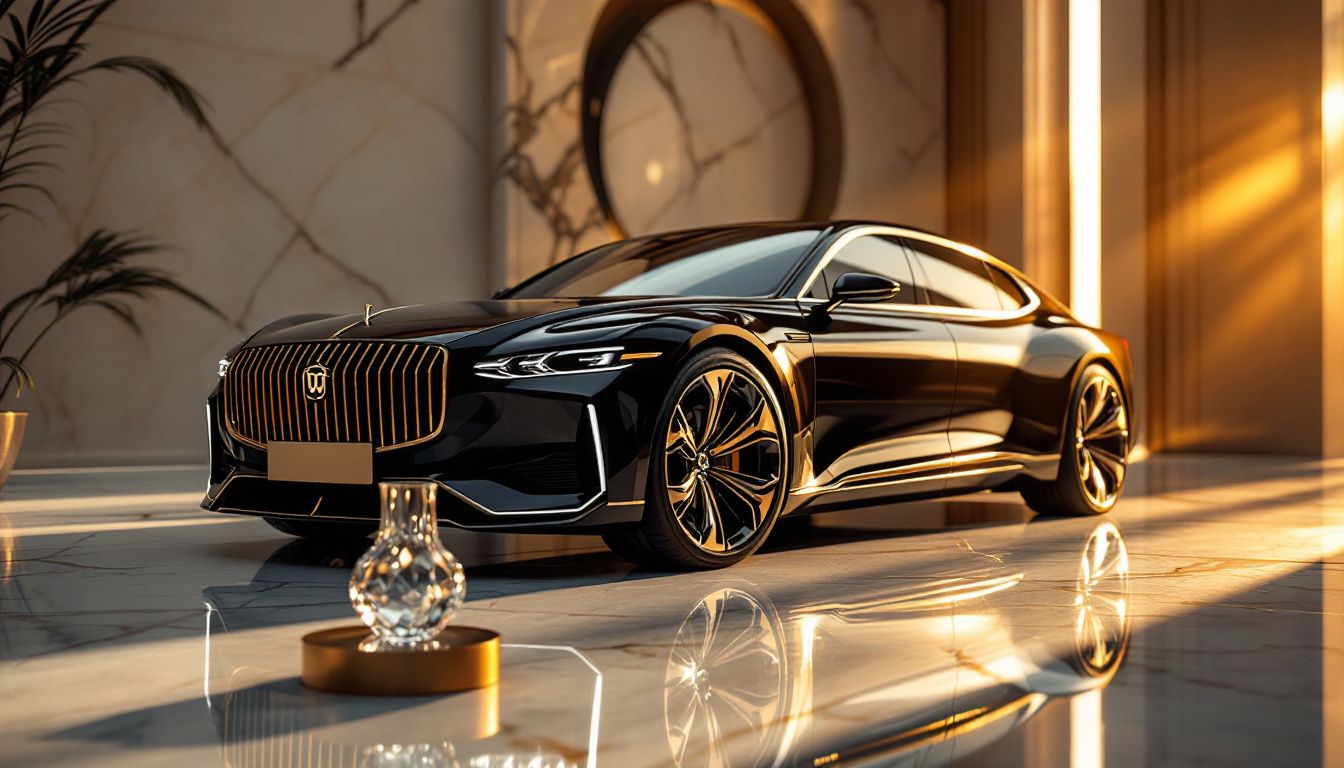
Hongqi, often regarded as the crown jewel of Chinese luxury cars, has a storied history dating back to 1958. Initially crafted for high-ranking government officials, the brand ceased production in 1981 before making a grand resurgence in the modern era. This revival has rekindled the brand’s legacy and positioned it as a leader in the luxury segment.
Hongqi’s models, once reserved for the political elite, are now highly sought after by affluent private buyers. This shift marks a significant transformation in the brand’s identity and market strategy. Hongqi stands at the forefront of Chinese car manufacturers’ expansion into the luxury market, offering a blend of tradition and innovation that appeals to discerning customers.
As the Chinese market evolves, Hongqi sets the benchmark for luxury cars, showcasing the potential of Chinese brands to compete globally. With a focus on quality, design, and advanced technology, Hongqi exemplifies the new wave of Chinese luxury vehicles.
WEY: Redefining Luxury SUVs
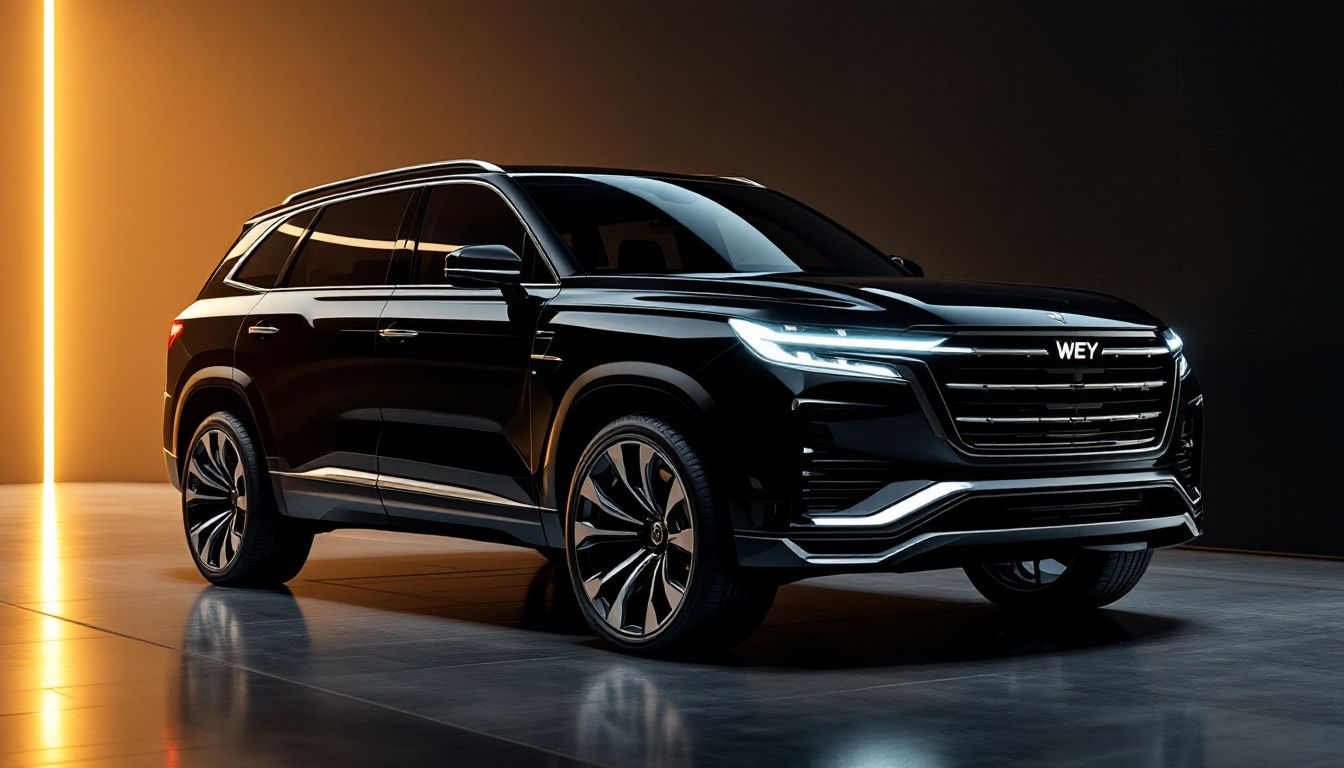
WEY stands out as a pioneering force in luxury SUVs. Recognized as the first Chinese luxury SUV brand, WEY has carved a niche by offering high-end vehicles that combine luxury with performance. The brand’s focus on crossover SUVs has redefined expectations for this vehicle category, blending style, comfort, and advanced technology.
WEY’s specialization in high-end SUVs showcases its commitment to excellence. These vehicles are designed to provide an unparalleled driving experience, rivaling global brands like Mercedes-Maybach and BMW. The brand’s innovative approach and attention to detail have set new standards in the automotive world.
From the wheels up, WEY’s models are crafted to meet the demands of luxury car enthusiasts. This dedication to quality and luxury positions WEY as a formidable player in the competitive landscape of luxury cars, akin to the prestige of a rolls royce.
BYD’s High-End Models
BYD, synonymous with innovation in the electric vehicle sector, has made significant strides in the luxury market with its high-end models. Leading the charge is the Yangwang U9, a car that epitomizes luxury and cutting-edge technology. With an acceleration time of just 2.36 seconds from 0-100 km/h, the Yangwang U9 is not just fast; it’s the fastest Chinese car available in mass production.
Designed by Wolfgang Egger and built on BYD’s e⁴ platform, the Yangwang U9 features a unique four-motor all-wheel drive layout and an innovative active suspension system that can perform a brief vertical jump. These features highlight BYD’s commitment to pushing the boundaries of automotive engineering and luxury.
The Yangwang U9 is a testament to BYD’s ability to blend performance with luxury, offering a top speed of 391.94 km/h and an array of advanced features. This model positions BYD as a serious contender in the luxury automotive market, demonstrating the potential of Chinese brands to compete at the highest levels.
Nio: Innovation Meets Luxury
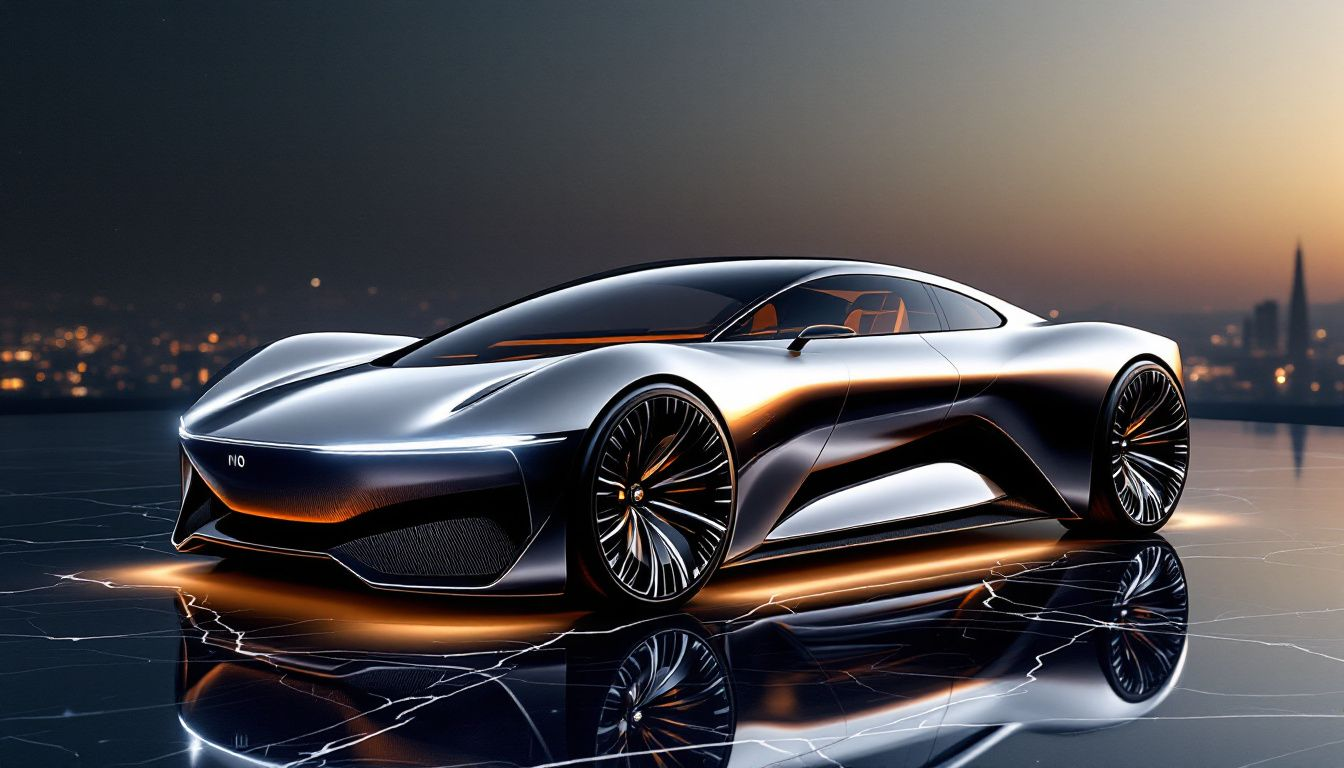
Nio has quickly become a name to reckon with in the luxury electric models vehicle market. Its flagship model, the ET9, is designed to rival the best in the industry, offering a blend of luxury and cutting-edge technology. The ET9 features a four-seat layout with executive-style suites and high-adjustable rear seats, ensuring maximum comfort and exclusivity for its occupants.
Utilizing advanced materials in its chassis, the ET9 is both strong and lightweight, enhancing performance and safety. Features like rear-wheel steering and high-end autonomous driving technologies further distinguish the ET9 from its competitors. Priced competitively, with pre-orders starting at RMB800,000 (approximately $112,000), the ET9 stands as a formidable competitor to brands like Mercedes-Maybach.
Nio’s innovative approach and commitment to luxury make it a standout in the Chinese car market. Integrating the latest technologies and focusing on customer experience, Nio is setting new standards for what a luxury car can be.
Geely’s Premium Lineup
Geely has established itself as a significant player in the luxury car segment, offering a premium lineup that competes directly with established brands. Known for their advanced features and sophisticated design, Geely’s luxury models are a testament to the brand’s commitment to excellence. These cars emphasize style, performance, and comfort, appealing to a discerning audience.
One of Geely’s standout innovations is its AI-powered technology, enhancing the driving experience with smart infotainment systems and advanced driving assistance features. The brand’s commitment to pushing the boundaries of automotive technology is further exemplified by its AI-powered autonomous drift car, showcasing its prowess in engineering and innovation.
Geely’s premium lineup enhances its reputation in the automotive world and sets a high bar for what luxury vehicles can achieve. Integrating cutting-edge technology and focusing on user experience, Geely continues to lead the way in the luxury car market.
Emerging Luxury Brands
The landscape of Chinese luxury car brands is rapidly evolving, with numerous new entrants making their mark. Among these, Li Auto stands out with its ambitious plans to launch its first fully electric vehicle and achieve significant sales growth in the coming years. This marks a significant development in the Chinese car industry, reflecting the growing demand for high-end vehicles.
Geely’s innovative models, such as the Xingrui AI, also highlight the dynamic nature of the market. With features like interactive drawing and voice conversations, these cars offer a unique driving experience that blends luxury with cutting-edge technology.
The emergence of these existing brands underscores the shift towards a more competitive and diverse luxury car market in China. As these emerging brands continue to innovate and expand, they contribute to the overall growth and evolution of the Chinese luxury car market. Their success stories are a testament to the potential of Chinese automakers to redefine luxury and compete on a global scale.
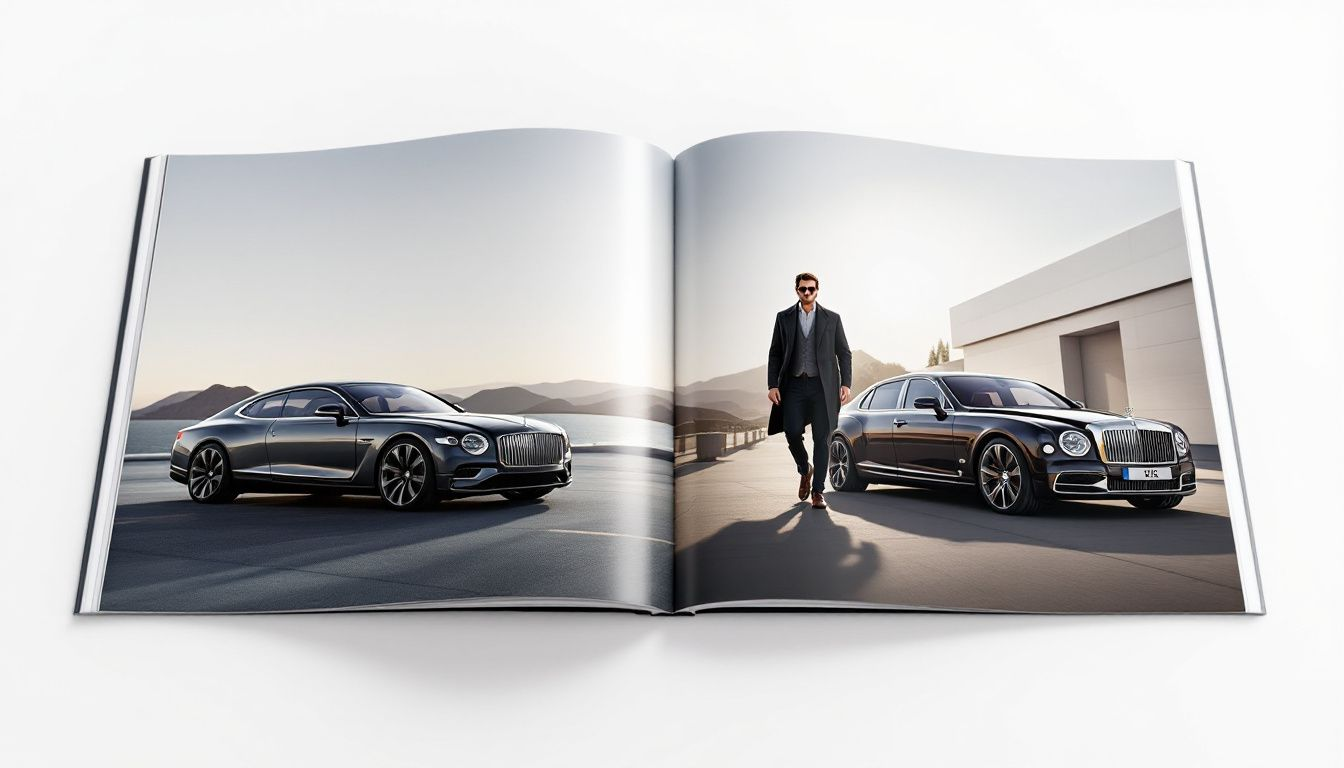
Market Impact and Future Trends
China’s automotive industry has made a significant impact on the global market, becoming the leading exporter of vehicles and surpassing Japan in 2023. The share of domestic passenger vehicle sales by Chinese brands has also seen a substantial rise, reflecting the growing preference for local manufacturers. This shift is driven by the high demand for new energy vehicles, which now represent over one-third of all vehicle sales in the world’s largest car market.
The future of the Chinese automotive market looks promising, with plans to introduce numerous new chinese evs models by 2024 and continued investment in EV technology. Chinese automakers are also focusing on regionalizing production to better navigate global trade barriers, ensuring sustainable growth. The ongoing innovations and strategic expansions by brands like XPeng and Hozon Auto signify the dynamic nature of this market.
As the industry evolves, it is expected to operate in a ‘Two Worlds’ scenario by 2030, differentiating between traditional and innovative mobility solutions. This dual approach will likely shape the future of the automotive market, driven by the increasing demand for sustainable and advanced vehicles.
Summary
In summary, Chinese luxury car brands have made remarkable strides in the automotive industry, offering high-quality vehicles that compete with global leaders. From Hongqi’s historical revival to Nio’s innovative electric models, these brands exemplify the potential of Chinese automakers to redefine luxury.
The future looks bright for the Chinese luxury car market, with ongoing technological advancements and a growing presence in international markets. As these brands continue to innovate and expand, they are poised to shape the future of luxury cars, offering consumers a blend of tradition, innovation, and value.

